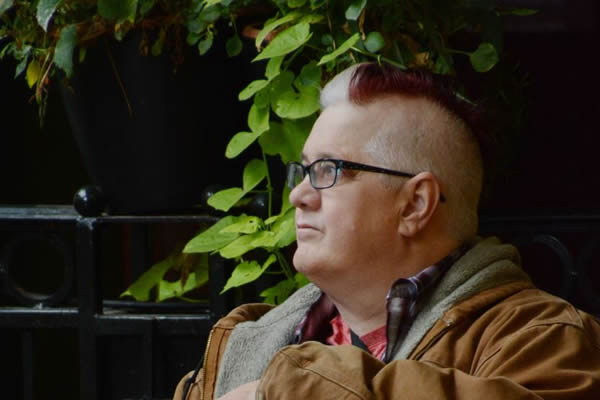GOP Health Care Bill Could Cost California $114 Billion
California’s state budget could take a $30 billion annual hit if health care legislation proposed by U.S. Senate Republicans is passed, state officials said Wednesday.
An analysis by the state Department of Health Care Services concludes the bill would have a $114.6 billion cumulative impact on California’s budget between 2020 and 2027. It would initially add $3 billion in costs in 2020 and increase to $30 billion by 2027.
The costs would come largely from reductions in federal Medicaid funding. One in three Californians are on Medi-Cal, the state’s Medicaid program that provides health coverage to the poor. More than 3.8 million people gained coverage through an expansion of the program included in former President Barack Obama’s health care overhaul.
The Senate GOP legislation “takes a sledgehammer” to improvements in California’s health care system, said Jennifer Kent, the department’s director. It changes the funding structure for all 13.5 million Californians on Medi-Cal, not just those who joined following the passage of Obama’s law.
“If the world ends up under this bill, we’d be faced with very difficult choices about how to operate the Medi-Cal program going forward,” said Mari Cantwell, the state Medicaid director.
The state would have to look at cutting people out of Medi-Cal, eliminating the covered services and reducing payments to doctors and hospitals.
Republican U.S. Senate leaders this week delayed a vote on the bill until after its July 4 break once it became clear it lacked support to pass this week.
State officials say the Senate bill would cut less funding in the short term than legislation approved earlier this year by the U.S. House, but more in the long-term.
Covered California, the state’s insurance exchange, on Wednesday released an analysis of how the Senate bill would affect the middle-income consumers who receive subsidized private coverage under Obama’s law. Out-of-pocket costs would drop slightly for some people — particularly younger people. Annual premiums for a 27-year-old making $50,000 a year in Los Angeles County would drop from $3,000 to $2,760.
But costs would rise significantly for older consumers, according to the analysis by Covered California and the National Academy for State Health Policy. For a 60-year-old making $50,000 in Los Angeles, the annual cost would rise from $5,100 to $10,420.
Meanwhile, in an indication of the liberal anger over the future of health care policy, demonstrators crowded into the California Capitol Wednesday to protest the death of a bill that would have provided government-funded health care to everyone in the state.
Speaker Anthony Rendon, D-Paramount, announced on Friday that he doesn’t plan to take up the bill making California the state’s only health care funder. The California Nurses Association, which wrote and advocated the bill, led chants in in the Capitol rotunda that echoed throughout the building as demonstrators ignored pleas from a California Highway Patrol officer to avoid disrupting people trying to work.
Some demonstrators held signs showing the bear from California’s flag with a knife in its back, the knife labeled “Rendon.” They said Rendon was bowing to pressure from business interests.
“It was a copout. It was pathetic,” said Toni Hill, a 39-year-old registered nurse from Grass Valley northeast of Sacramento. “He needs to remember that he’s supposed to be a man of the people.”
In announcing his decision, Rendon said he’s long been a supporter of single-payer health care, but called the bill, SB562, “woefully incomplete.” It lacks key details about financing, delivery of care and cost controls, he said.



